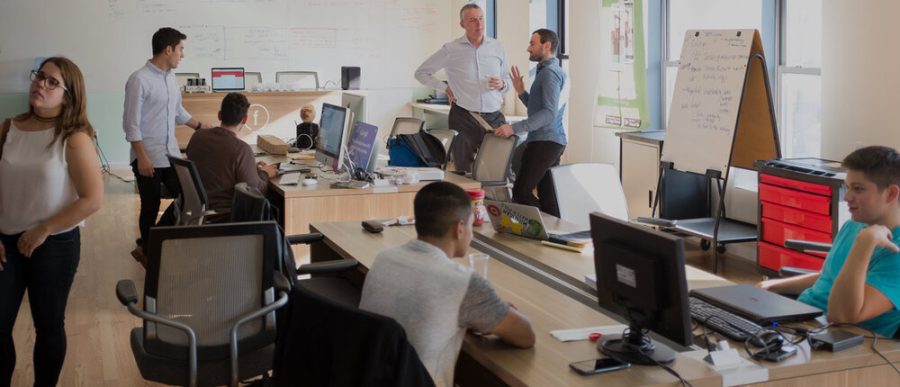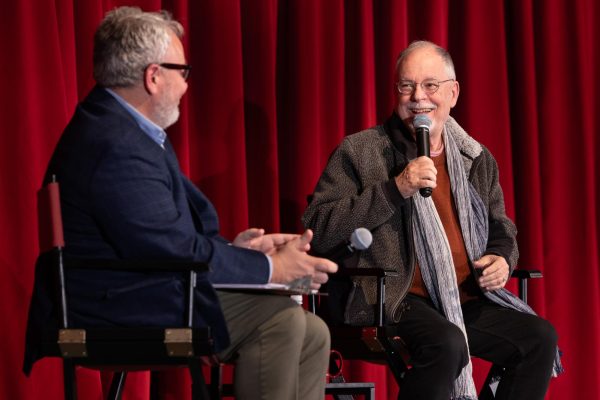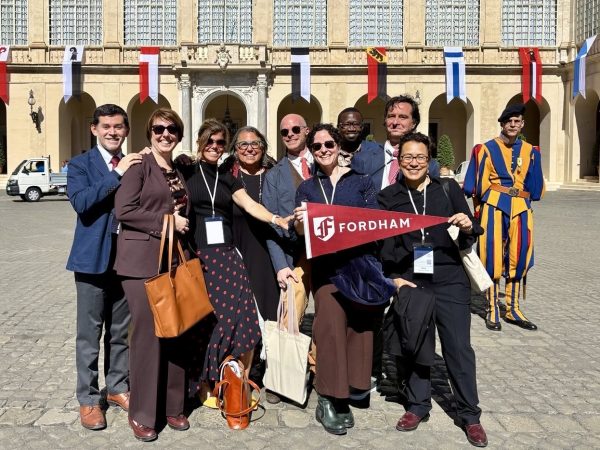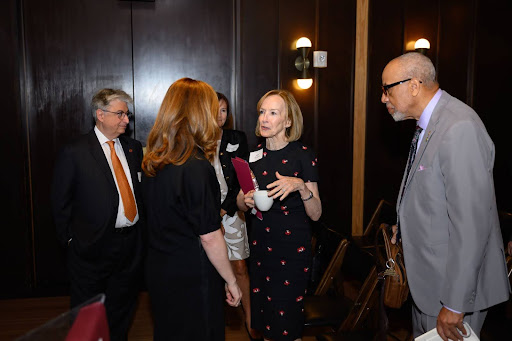Global Fertility Connections Wins Ram’s Den
On Dec. 4, 2021, Fordham Foundry held the fourth annual Ram’s Den competition for entrepreneurial students and alumni. In what the Foundry calls “Fordham’s very own Shark Tank,” seven start-ups battled for thousands of dollars of prize funding. The top prize of $27,000 went to Global Fertility Connections (GFC), represented by CEO and co-founder Ama Gordon, GSB ’11.
GFC is present in the U.S. and internationally, providing intended parents with fertility concierge services. In other words, GFC guides intended parents through processes such as egg freezing, in vitro fertilization (IVF), surrogacy and egg donation. As Gordon said during the competition, “We help people have babies.” She and co-founder Ella McNamara started GFC in 2020, and the company reached $100,000 in revenue in their first year alone.
Simply qualifying for Ram’s Den is a sign that a start-up has already gained momentum. “[Ram’s Den] is a more mature business event,” said Al Bartosic, the executive director of the Fordham Foundry. The competition is designed for businesses that are already established and are more developed than start-ups that might compete in other Foundry events. A numerical representation of this requirement is that start-ups must have at least $10,000 in revenue to apply.
“They’re further along in the process,” Bartosic said of the competing start-ups.
Additionally, applicants go through an in-depth interview and approval process before being selected to compete. This emphasis on maturity is reflected in the large prize amounts, as well as the differences between the prizes. Rareform, the second place winner, received a prize of $8,000.
Bartosic said that the first place prize is so much larger because the Foundry aims to considerably impact the winning start-up’s future: “If you win, we want to give you a significant piece of the pie to help you advance your business.”
Ram’s Den 2021 was judged by five non-Foundry business experts with experience in the start-ups. Bartosic explained that the judges are given general criteria but also draw on their professional opinions to determine the winning businesses. GFC was particularly impressive for its global model and personalized approach to a unique, rapidly growing market. There are not many businesses that provide fertility services, and GFC’s one-on-one approach likely gave an extra boost to the start-up’s rapid success.
In addition to being an expert in the fertility industry, Gordon understands intended parents in a deeply personal way. Gordon has faced her own struggle with infertility, as have many members of the GFC team. During her presentation, Gordon explained that infertility is a remarkably common problem. “All of us know at least one person who has gone through it, or is going through it,” she said. “And if you’re not sure, now you know me.”
“It’s not a made-up problem,” Bartosic said.
Some fertility services, such as IVF, are not approved by Catholic doctrine. Bartosic explained that adherence to Catholic doctrine was not part of the judging criteria, despite the Foundry’s association with Fordham, a Jesuit institution. He said that the Church’s stance on fertility did not seem relevant during the competition, as the Foundry’s ethical considerations focus on whether a start-up’s mission is beneficial to society.
As for GFC, he said, “The societal piece was helping people who want to have children … have a way to have children.”
In addition to Ram’s Den, Fordham Foundry also holds an annual Pitch Challenge designed for entrepreneurs who have not reached the revenue required to enter Ram’s Den. This year’s Pitch Challenge will occur on March 26, 2022, and Bartosic expects around 50 teams to compete.








































































































































































































